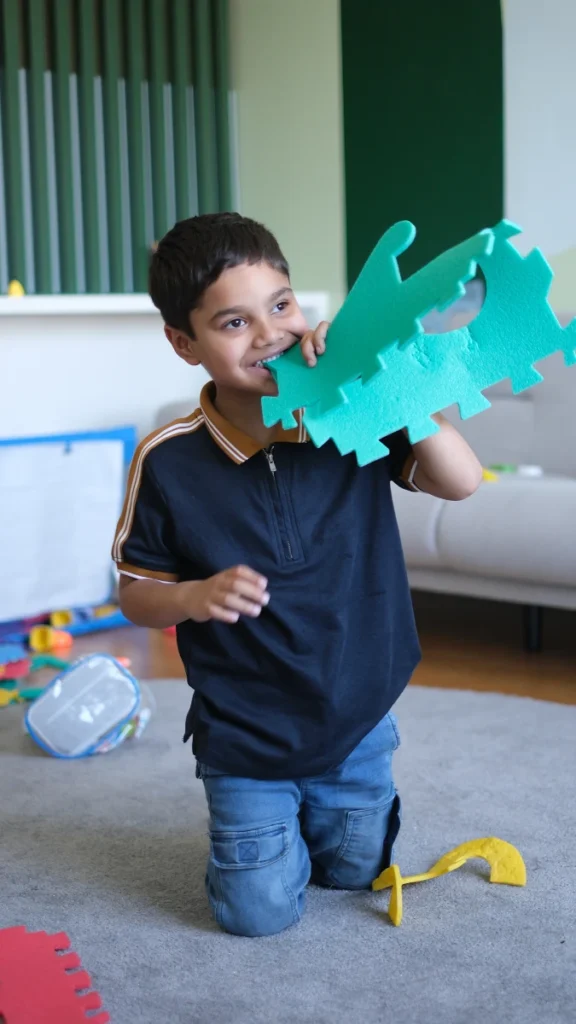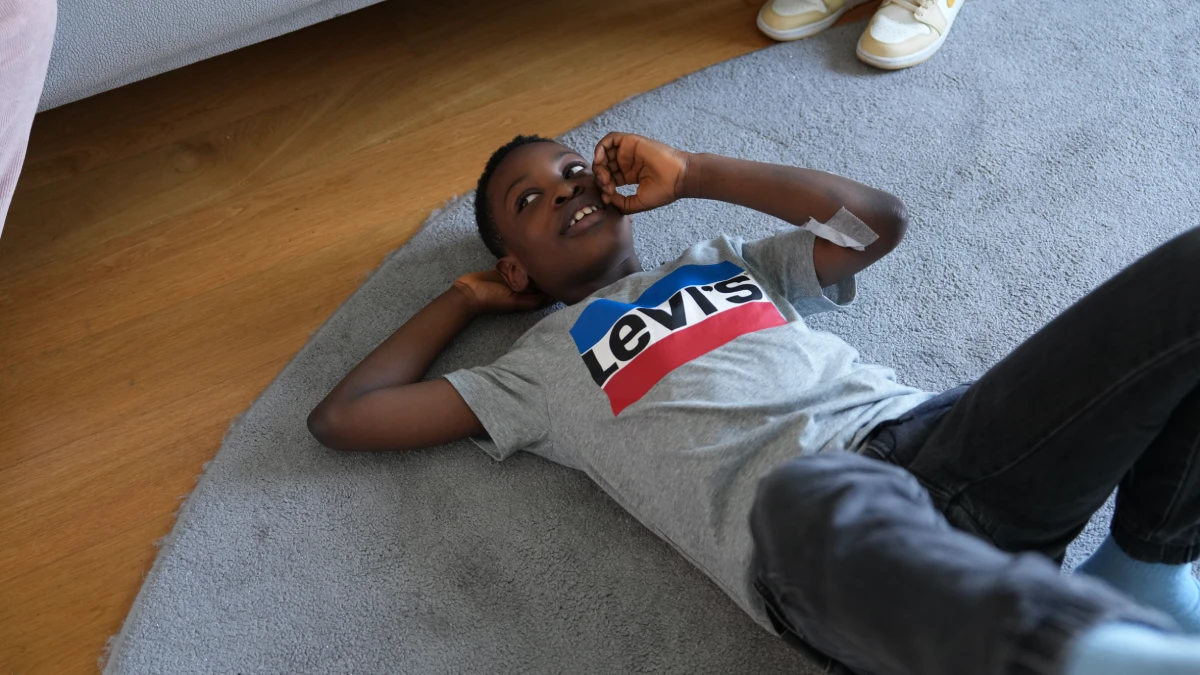Caring for the oral health of children with Autism Spectrum Disorder (ASD) can present unique challenges. Children on the autism spectrum may face sensory sensitivities, communication difficulties, and behavioral concerns that make routine dental care a daunting task. However, maintaining good oral hygiene is essential for overall health. This article offers practical recommendations to help caregivers and dental professionals navigate the intricacies of dental care for children with ASD.
Table of Contents
Challenges of Oral Hygiene for Children with Autism
Children with autism often experience sensory sensitivities that make brushing teeth and visits to the dentist uncomfortable or even overwhelming. These children may be sensitive to the texture or taste of toothpaste, the sound of the toothbrush, or the feeling of the toothbrush in their mouth. Behavioral issues such as refusal to cooperate, anxiety, or resistance to new experiences can further complicate the situation.
Understanding these challenges is critical for providing effective dental care. Approaching oral hygiene with patience and tailored strategies can significantly improve a child’s oral health while reducing stress for both the child and caregiver.
Tips for Effective Oral Hygiene
- Create a Routine and Visual Schedule
Establishing a consistent, predictable routine for oral hygiene is essential. Children with ASD thrive on structure and familiarity. Use visual schedules or charts to help them understand when it’s time to brush their teeth. Pictures or icons that indicate each step (e.g., “brush teeth,” “rinse mouth”) can guide the child through the process.
- Choose the Right Toothbrush and Toothpaste
Opt for a toothbrush with soft bristles to reduce discomfort. Some children with autism may have a preference for electric toothbrushes, while others may find them overwhelming. Experiment with different types to find what works best. As for toothpaste, select one with a mild flavor to avoid overwhelming their senses.
- Use Positive Reinforcement
Positive reinforcement is a powerful tool for encouraging dental hygiene habits. Reward the child after each successful brushing session, whether it’s with praise, a favorite activity, or a small treat. Over time, the child will associate tooth brushing with positive outcomes.
- Incorporate Sensory-Friendly Techniques
For children with heightened sensory sensitivities, sensory-friendly approaches can help ease discomfort. Gradually desensitize the child to brushing by letting them hold the toothbrush or use it on themselves before starting the actual brushing process. Consider using brushing techniques that involve less direct contact with the mouth, such as using a finger brush or soft cloth.
- Consider a Dental Professional Experienced with Autism
Regular dental checkups are crucial for maintaining oral health. However, children with ASD may have difficulty with traditional dental visits. Look for a pediatric dentist who is experienced in working with children with autism and can create a supportive, sensory-friendly environment. Some dental clinics even offer autism-specific treatments and support.

When to Seek Specialized Dental Care
If a child with autism experiences significant difficulty with oral care, or if dental problems persist despite efforts at home, seeking specialized care is important. Pediatric dentists with experience in managing ASD-related challenges can offer additional strategies, such as sedation or desensitization techniques, to ensure a comfortable and effective treatment experience.
Research on Stem Cell Therapy for Autism and Its Potential Impact on Oral Health
While the primary focus here is on oral hygiene, it’s worth mentioning that recent advances in stem cell therapy for autism are showing promise. Clinical trials have explored stem cell therapy as a potential treatment for autism, focusing on enhancing cognitive function and reducing symptoms. Although the therapy is still in experimental stages, some families have reported positive outcomes.
While stem cell therapy may not directly impact oral health, overall improvements in the child’s well-being may, in turn, influence their ability to cooperate with oral care routines. It’s important to stay informed about research developments in this area, such as Stem Cell Therapy Autism Clinical Trials and Stem Cell Therapy Autism Research, as they may open new avenues for treatment and care in the future.
Conclusion
Maintaining good oral hygiene for children with Autism Spectrum Disorder requires patience, creativity, and understanding. By establishing routines, using sensory-friendly products, and collaborating with experienced dental professionals, caregivers can help ensure that children with autism receive the dental care they need.
If you’re considering treatments like Stem Cell Therapy for Autism, keep in mind that it is a rapidly evolving field, with ongoing Stem Cell Therapy Autism Success Rate studies and reviews. While these therapies show promise for autism treatment, they should not replace basic care practices like maintaining proper oral hygiene.
FAQs
How can I make brushing my child’s teeth easier?
A consistent routine, a gentle toothbrush, and positive reinforcement can make the process smoother. Sensory-friendly products may also help, such as toothpaste with milder flavors or an electric toothbrush if they find it more comfortable.
What should I do if my child refuses to go to the dentist?
Seek out a pediatric dentist experienced with children with ASD. They can offer a calm, sensory-friendly environment and may recommend strategies like sedation if necessary.
Does stem cell therapy help children with autism cooperate better with dental care?
While Stem Cell Therapy for Autism may offer cognitive and behavioral improvements, its direct impact on dental care is not yet clear. As clinical trials and research continue, more insights may emerge on how it can assist in daily care routines.
Where can I find the best stem cell clinics for autism?
Look for clinics with proven success rates and positive Stem Cell Therapy Success Stories Autism. Always verify the clinic’s credentials, reviews, and history in conducting Stem Cell Therapy Autism Clinical Trials.
